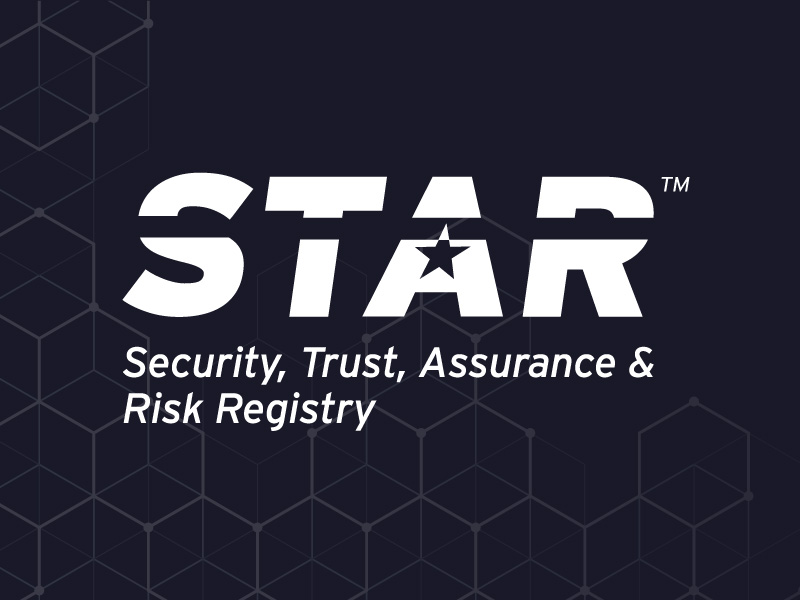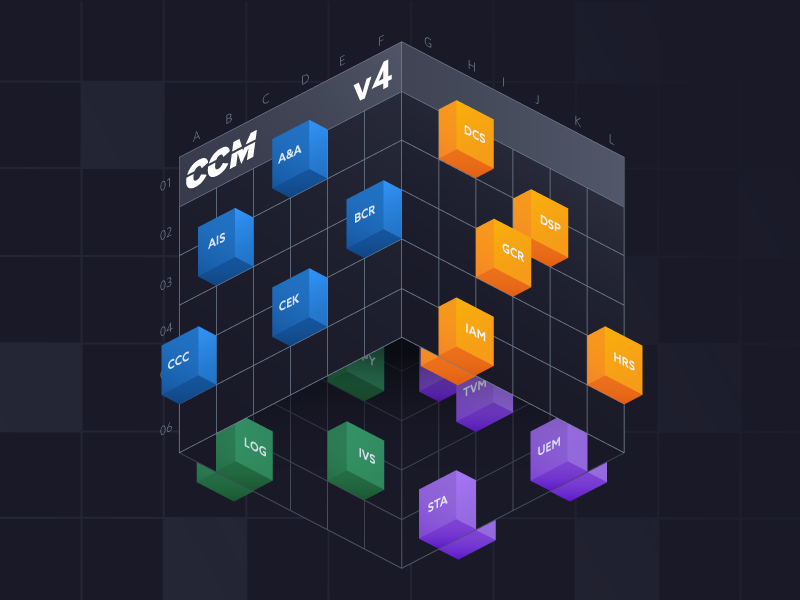Colorado Artificial Intelligence Act Passes with Affirmative Defense Provision
Published 08/22/2024
Originally published by Truyo.
In a groundbreaking move, Colorado is poised to become the pioneer state in regulating the use of high-risk artificial intelligence (AI) systems. The Colorado Artificial Intelligence Act (SB 205), recently passed by the state legislature, represents a significant step forward in addressing the complex ethical and legal implications of AI technology. If signed into law by Governor Jared Polis, SB 205 will usher in a new era of accountability and transparency in the development and deployment of AI systems, setting a precedent for other states to follow.
Currently, other legislations rely on negative reinforcement, as many privacy laws do, calling upon organizations to prove compliance after an enforcement action. The Colorado Artificial Intelligence Act takes an affirmative defense approach, allowing companies to prove to a governing entity that they did attempt to achieve compliance and sought to abide by the regulation proactively through recognized frameworks. This approach will enable and encourage companies to adopt AI rapidly, yet responsibly, without stifling innovation.
Truyo President Dan Clarke says, “The Colorado Act establishes a new benchmark in AI regulation, building on the broader frameworks of the EU Act and California’s ADMT rulemaking, while offering more specific provisions than the earlier Utah law. This act, emerging from a collaborative effort among 30 states, particularly emphasizes the CAI provisions, setting the stage for a potential wave of similar legislation nationwide. Given the growing public concern over AI governance, this act is likely to resonate strongly with voters.”
Why Affirmative Defense Matters
The inclusion of an affirmative defense mechanism in SB 205 is crucial for several reasons:
- Incentivizing Compliance: By offering a pathway for developers and deployers to mitigate liability through proactive risk management, the affirmative defense incentivizes industry stakeholders to invest in responsible AI development practices.
- Flexibility and Adaptability: Recognizing that AI technology is constantly evolving, the affirmative defense allows for flexibility in compliance strategies. Developers and deployers can leverage established risk management frameworks or adapt to emerging best practices to meet evolving regulatory standards.
- Promoting Innovation: Rather than stifling innovation with overly burdensome regulations, the affirmative defense encourages innovation by providing a clear framework for compliance. This balanced approach fosters a conducive environment for continued AI research and development.
- Enhancing Consumer Protection: Ultimately, the affirmative defense serves to enhance consumer protection by ensuring that AI systems are developed and deployed responsibly. By holding stakeholders accountable for addressing algorithmic biases and discriminatory practices, SB 205 promotes trust and transparency in AI technologies.
Let’s look at the Colorado Artificial Intelligence Act’s journey to passage.
Background and Legislative Process
- Bipartisan Collaboration: The genesis of SB 205 can be traced back to a bipartisan effort involving lawmakers from nearly thirty states. Led by Connecticut Senator James Maroney, this multi-state artificial intelligence workgroup aimed to coordinate approaches across states and facilitate informed legislative action.
- Balancing Innovation and Regulation: A key challenge faced by the drafters of SB 205 was striking a balance between fostering innovation in AI technology and safeguarding consumer interests. The bill’s structure reflects this dual objective, with provisions aimed at promoting responsible AI development while mitigating risks of algorithmic discrimination.
- Delayed Implementation: To allow for further refinement and stakeholder input, SB 205 includes a delayed effective date, giving stakeholders ample time to prepare for compliance. Additionally, the establishment of a workgroup underscores Colorado’s commitment to iterative improvement and adaptation in AI regulation.
Summary of Provisions
Scope and Definitions:
- SB 205 defines high-risk AI systems as those that make consequential decisions affecting various aspects of consumers’ lives, such as education, employment, finance, healthcare, and housing.
- The bill outlines duties for both developers and deployers of high-risk AI systems, emphasizing the importance of using reasonable care to mitigate risks of algorithmic discrimination.
Developer and Deployer Duties:
- Developers are required to provide comprehensive documentation and disclosures regarding the intended uses and potential limitations of high-risk AI systems. They must also promptly report any instances of algorithmic discrimination to the Attorney General.
- Deployers are tasked with implementing risk management programs, conducting impact assessments, and notifying consumers of the use of high-risk AI systems. They must also offer consumers the opportunity to appeal adverse decisions made by AI systems.
Enforcement and Affirmative Defense:
- SB 205 grants exclusive enforcement authority to the Colorado Attorney General, precluding private rights of action. Affirmative defenses are available to developers and deployers who demonstrate compliance with recognized AI risk management frameworks or who promptly address and remedy violations.
The Colorado Artificial Intelligence Act represents a significant milestone in the regulation of high-risk AI systems. By adopting a forward-thinking approach that balances innovation with consumer protection, Colorado is setting a precedent for responsible AI governance nationwide. With the inclusion of an affirmative defense mechanism, SB 205 not only promotes compliance but also fosters a culture of ethical AI development, ensuring that AI technologies serve the public interest while minimizing potential harm.
Unlock Cloud Security Insights
Subscribe to our newsletter for the latest expert trends and updates
Related Articles:
OpenClaw Threat Model: MAESTRO Framework Analysis
Published: 02/20/2026
Token Sprawl in the Age of AI
Published: 02/18/2026
Breaking Down the SOC 2 Trust Services Criteria: Privacy
Published: 02/18/2026
AI Governance and ISO 42001 FAQs: What Organizations Need to Know in 2026
Published: 02/17/2026









